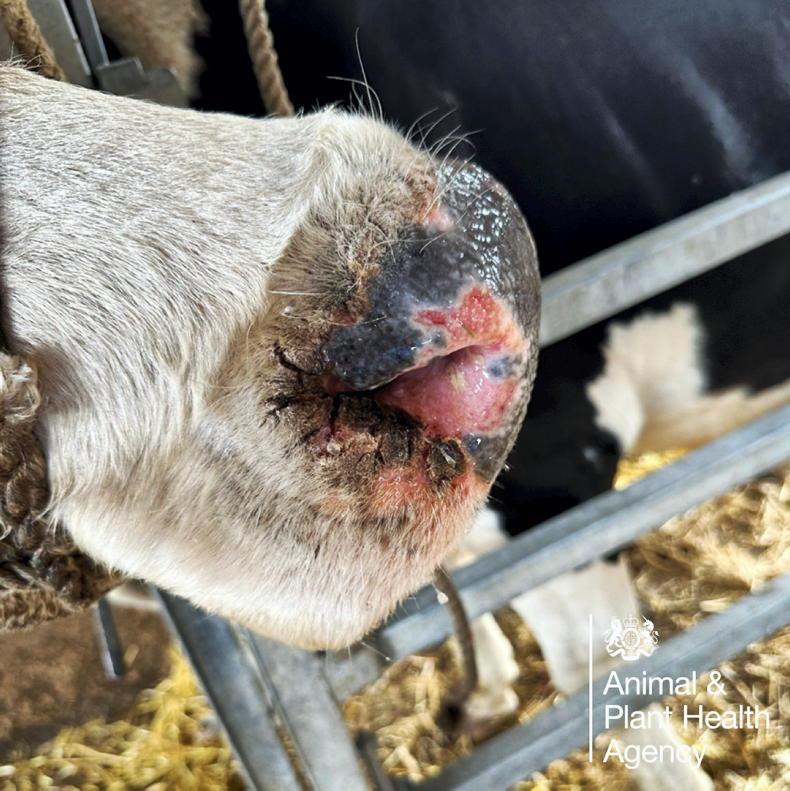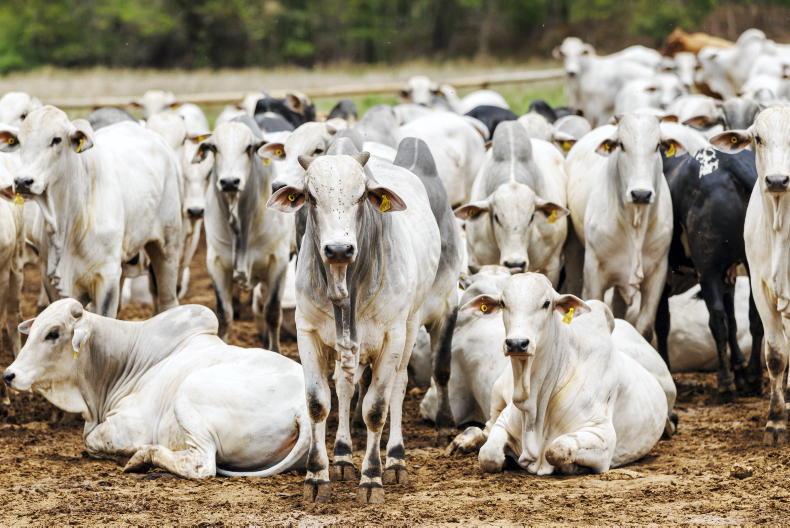Farming and food industry organisations in Britain have warned that meat exports to the EU could become non-compliant overnight from 13 December 2022 due to new red tape imposed by Defra.
In a letter to Defra Farm Minister Mark Spencer, the various industry bodies point out that 72% of British meat exports are to the EU, and the loss of this outlet would have a devastating effect on farmers, meat processors and livestock marts.
“We believe it will have an immediate impact on livestock prices here in the UK as well as causing significant and costly disruption for the supply chain,” states the correspondence to the minister.
The issue relates to changes made to EU animal health regulations, which now include the need for farmers to receive “regular” visits by a vet in order that their produce can be exported to the EU.
Farmer declaration
The evidence that visits had taken place could previously be provided by way of a farmer declaration.
However, that requirement was changed by Defra to a veterinary attestation, applying from 13 December, despite industry claiming that this is not demanded within EU law.
The requirement does not apply to NI (due to the NI Protocol), and farmers in farm assurance schemes are exempt. However, there are around 72,500 sheep holdings and 54,500 cattle holdings in Britain, yet only 20,361 sheep and 27,566 cattle farms are Red Tractor assured.
Farmer lobby organisations claim that the timeframe to get vet attestations in place is impractical given the numbers of farms involved and the lack of vet capacity in the UK.
Speaking at a National Sheep Association (NSA) breakfast event on Tuesday, Minister Spencer was unable to give any comfort that the issue will be resolved in the near future.
“I don’t think there is very much good news. Our understanding is that the EU are pretty categorical on this. We are fully engaged with the EU to try to find a solution,” he said. He also pointed out that if Britain is going to be export-focused, it has to “meet the hurdles” that other countries impose.
Read more
More than protocol needs fixed
Stormont failure leaves civil servants in charge
Farming and food industry organisations in Britain have warned that meat exports to the EU could become non-compliant overnight from 13 December 2022 due to new red tape imposed by Defra.
In a letter to Defra Farm Minister Mark Spencer, the various industry bodies point out that 72% of British meat exports are to the EU, and the loss of this outlet would have a devastating effect on farmers, meat processors and livestock marts.
“We believe it will have an immediate impact on livestock prices here in the UK as well as causing significant and costly disruption for the supply chain,” states the correspondence to the minister.
The issue relates to changes made to EU animal health regulations, which now include the need for farmers to receive “regular” visits by a vet in order that their produce can be exported to the EU.
Farmer declaration
The evidence that visits had taken place could previously be provided by way of a farmer declaration.
However, that requirement was changed by Defra to a veterinary attestation, applying from 13 December, despite industry claiming that this is not demanded within EU law.
The requirement does not apply to NI (due to the NI Protocol), and farmers in farm assurance schemes are exempt. However, there are around 72,500 sheep holdings and 54,500 cattle holdings in Britain, yet only 20,361 sheep and 27,566 cattle farms are Red Tractor assured.
Farmer lobby organisations claim that the timeframe to get vet attestations in place is impractical given the numbers of farms involved and the lack of vet capacity in the UK.
Speaking at a National Sheep Association (NSA) breakfast event on Tuesday, Minister Spencer was unable to give any comfort that the issue will be resolved in the near future.
“I don’t think there is very much good news. Our understanding is that the EU are pretty categorical on this. We are fully engaged with the EU to try to find a solution,” he said. He also pointed out that if Britain is going to be export-focused, it has to “meet the hurdles” that other countries impose.
Read more
More than protocol needs fixed
Stormont failure leaves civil servants in charge









SHARING OPTIONS